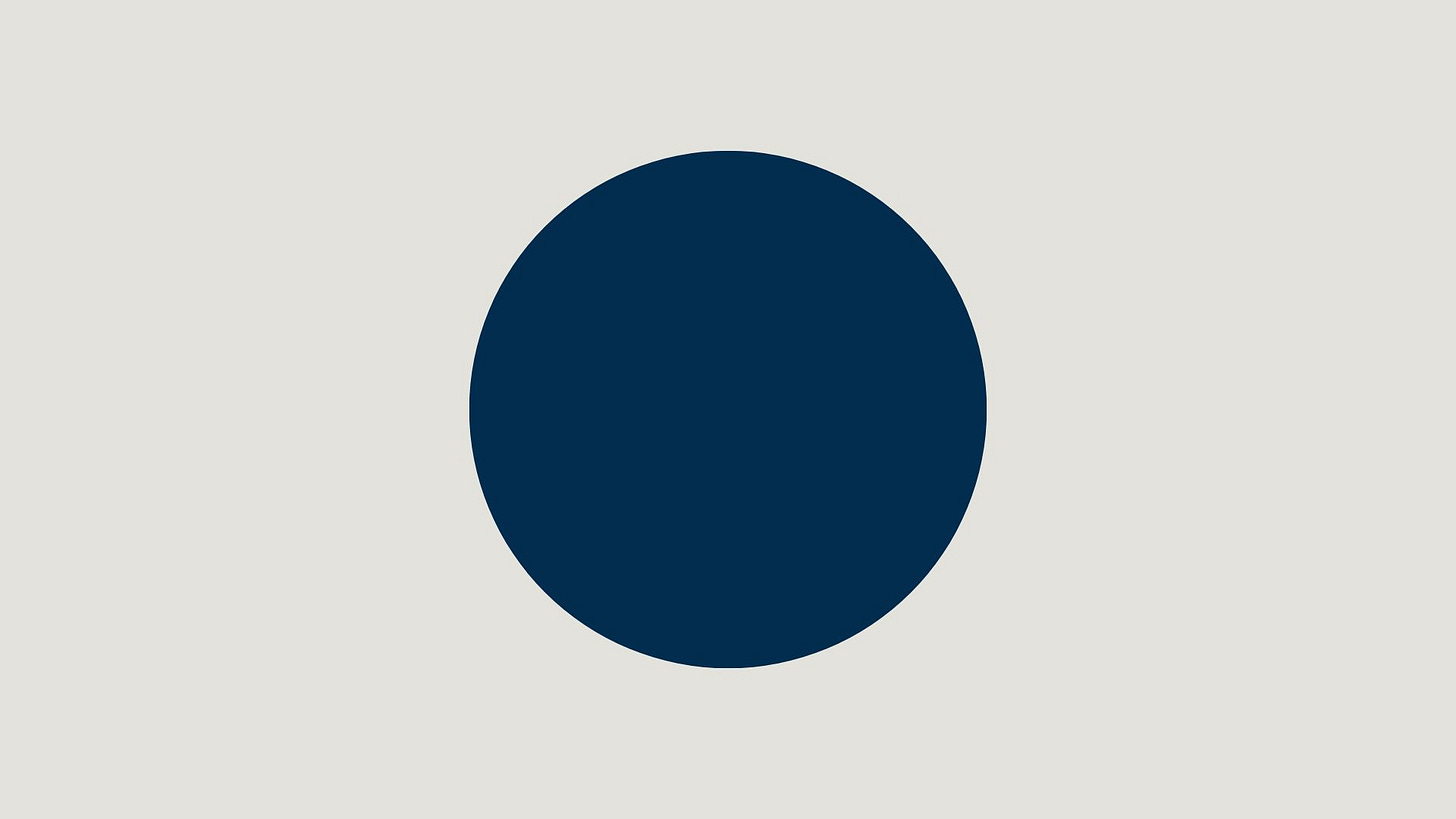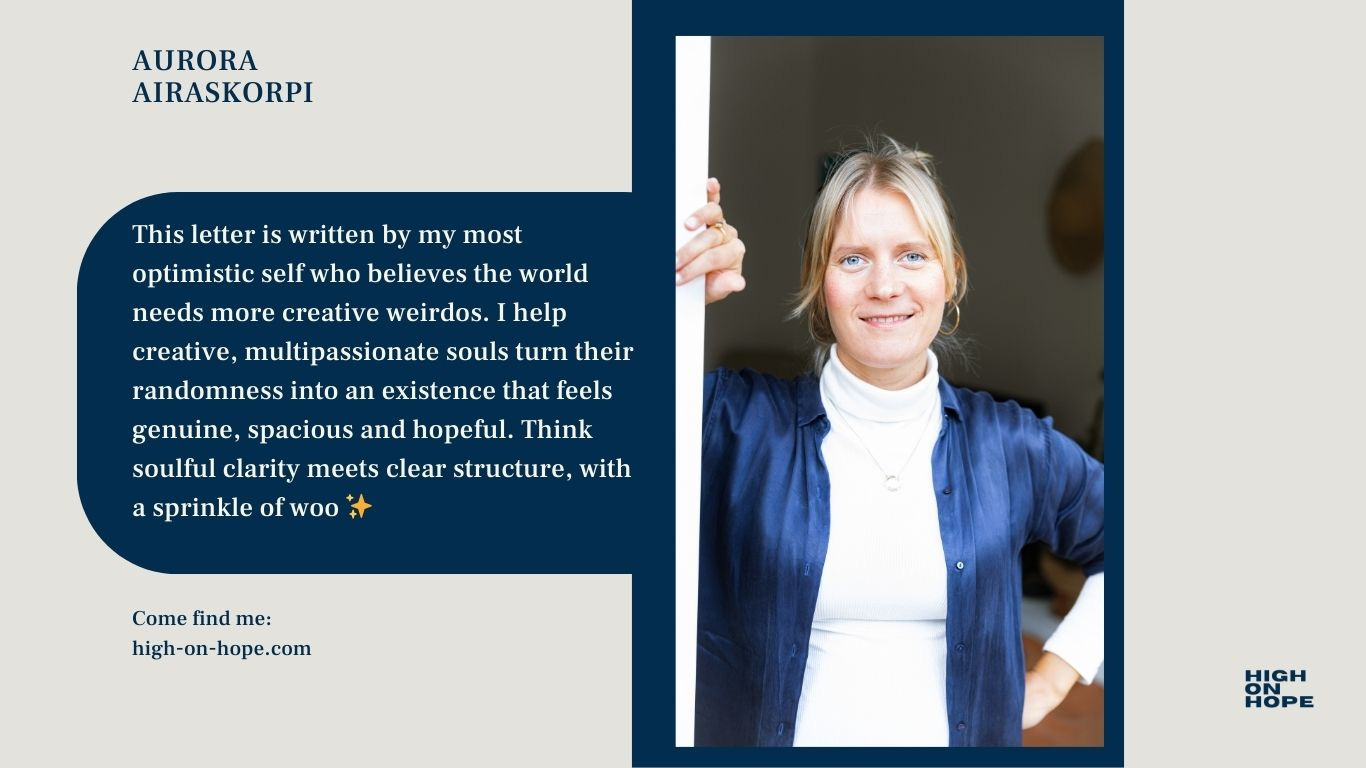It started at 11 a.m. when my baby monitor couldn’t connect to the internet.
The wifi was down.
Also, the fridge.
Also, the lights.
By 2 p.m., the phone networks were down too.
I was in Portugal, in my little seaside village in the Western Algarve, two weeks ago, when the great blackout of the Iberian Peninsula happened.
It was a preview of something I’ve always been slightly curious about: What would happen if electricity, this life force that runs nearly everything we need to survive these days, just magically disappeared?
Well, the answer is: nothing happens.
Because nothing is working.
Everything shuts down. Except for the few restaurants with a wood-fired pizza oven.
Even running water cuts eventually.
My fellow villagers seemed to reactivate some type of muscle memory established during the covid pandemic: supermarkets were quickly emptied of bottled water, and cars started piling at petrol stations to fuel up.
But unlike in covid, most people didn’t have access to information about what was going on.
Scary.
Yet also kinda liberating.
If this had happened in the United States, I imagine it would have become a great unifying cultural experience. Bloggers like me would share their proud memories of this rare moment of black out parties. Netflix would contemplate turning this into a mini-series.
However, to most people around the world, April 28th was just a regular Monday, sending emails and watching TikTok.
But to the millions of Portuguese and Spanish citizens, and the rest of us residing or travelling over here, it was a strange eclipse of the web of knowledge upon which we usually rest our heads.
A big part of me loved it.
I was lucky to be on maternity leave, hanging out with my son and a few friends who were visiting us at the time. We listened to our offline playlists in the garden of their villa as the sun was shining.
We talked about music and shared personal stories of our hardships.
We counted the cash in our pockets and made an inventory of the kitchen foodstuffs.
Every now and then, one of us would glance at our phones to see if the internet had resumed.
No, just a weird SOS sign in the corner of my iPhone where 4G usually stands.
So we carried on with nothingness.
We walked to our village and saw people drinking bottled beers and sunbathing on the beach. No emergency here.
The streets were eerily empty. The stores were closed. The seagulls were the only background music you could hear.
Now, I live in a pretty peaceful place on a standard day. But, on this specific day, peace reached another dimension.
I felt a longing for something that we lost, oh, not so long ago.
The simplicity of talking only to the people you’re currently with.
The comfort of being surrounded by living, breathing beings.
The joy of seeing people after not hearing from them for several hours.
The enjoyment of having a conversation without anyone reading the news, scrolling Instagram or checking the stock market.
The appreciation for the simple things like warm spring temperatures and running water.
Watching the dark sky full of stars with my partner before going to bed.
***
One of my favourite Fred Again songs, Marea, describes life during the pandemic when nightclubs were closed. We’ve lost dancing, she sings.
If I had the same musical talent, I’d make a song about how we’ve lost connection.
I believe it’s a feeling that more than just blackout victims could empathise with.
***
It’s unlike me to finish with a sense of grief but I can’t deny the longing for a world where we felt connected on a visceral, flesh-and-blood level.
However, my hopeful self won’t let this post go without adding: Connection is a primary human instinct. The rest is just nonsense and we know it. We can always rechoose our priorities in life.
***
Here’s to hoping that the lights stay on yet we also learn to live without them.
With kindness,
Aurora









